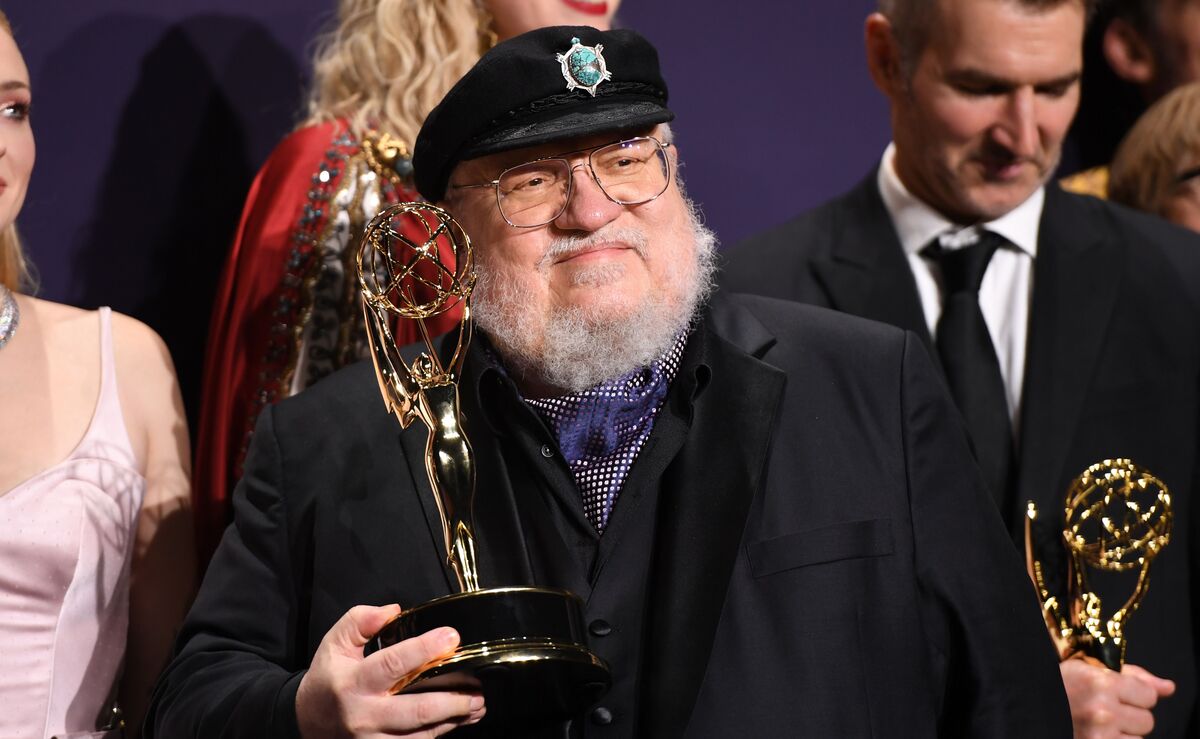George RR Martin is engaged in one of the most significant copyright disputes of recent years. In October 2025, a federal judge in New York rejected OpenAI’s plea to dismiss Martin’s allegations that ChatGPT infringed upon the copyrights of his literary works and television series by creating outlines for sequels to Game of Thrones without his approval. This legal action combines similar allegations from prominent authors, including activist Ta-Nehisi Coates, comedian Sarah Silverman, and notable fiction writers like Jonathan Franzen, David Baldacci, Jodi Picoult, and John Grisham. The decision follows the plaintiffs’ acquisition of internal Slack communications revealing OpenAI’s discussions about eliminating databases of pirated literature. This discovery may influence the evaluation of OpenAI’s infringement intentions, possibly escalating fines from $750 to $150,000 per piece. As a reference, OpenAI’s various legal disputes involve tens of millions of creative and journalistic works.
This lawsuit is part of a series of copyright conflicts confronting AI companies this year. In lawsuits involving Meta, Anthropic, and OpenAI, plaintiffs have claimed that these AI powerhouses harvested data from pirated book collections, such as LibGen and Bibliotik, to train their algorithms. In September, Anthropic reached a $1.5 billion settlement with a group of writers regarding the exploitation of these unauthorized repositories to develop its chatbot, Claude. In March, a judge ruled that OpenAI and Microsoft could not prevent a lawsuit from a coalition of news organizations, accusing them of using The New York Times and other media outlets to train their data systems. Social media applications utilizing AI video, like Meta’s Vibes, OpenAI’s Sora, and Character.AI’s Feed, have also encountered criticism for using protected characters. Collectively, the outcomes of these legal matters will have significant repercussions for the rapidly expanding industry.

